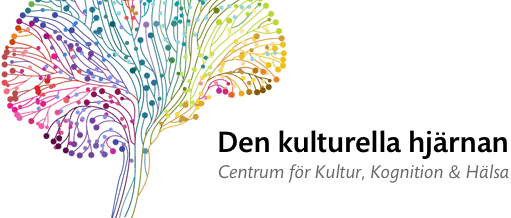Lecture November 23, 2016
Time: 15.00
Place: Wallenbergsalen, Nobel Forum, Nobels väg 1, Karolinska Institutet
Followed by discussion in room A 302, MTC, Nobels väg 16, Solna Campus
Title: “Groove on the brain: rhythmic complexity and predictive coding”
Peter Vuust
Professor, MSc., PhD
Director, Center for Music in the Brain (MIB),
Prof. Neuroscience, Dept. of Clinical Medicine, Aarhus University
Prof. of Music, Royal Academy of Music, Aarhus/Aalborg, Denmark
Bassist and composer
mail: pv@pet.auh.dk
www.petervuust.dk
Abstract: Musical rhythm has a remarkable capacity to move our minds and bodies. I will describe how the theory of predictive coding can be used as a framework for understanding how rhythm and rhythmic complexity are processed in the brain. This theory posits a hierarchical organization of brain responses reflecting fundamental, survival-related mechanisms associated with predicting future events.
I review empirical studies of the neural and behavioral effects of syncopation, polyrhythm and groove, and propose how these studies can be seen as special cases of the PC theory. Overall, musical rhythm exploits the brain’s general principles of prediction and that the pleasure and desire for sensorimotor synchronization from musical rhythm could be a result of such mechanisms.
Hosts: Gunnar Bjursell and Fredrik Ullén
Culture and Brain http://www.kulturellahjarnan.se/

